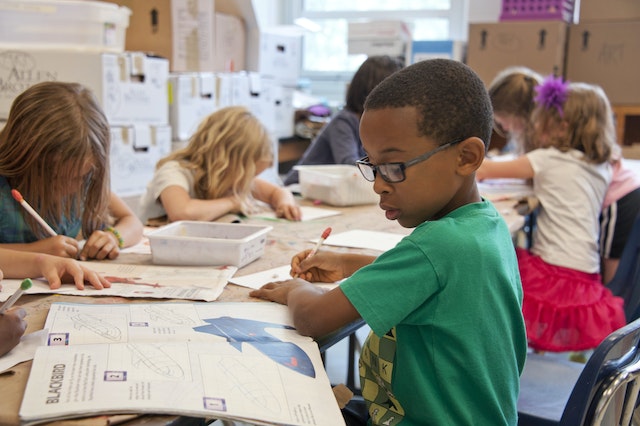Education is the cornerstone of progress and empowerment. Schools, as the primary institutions of education, play a pivotal role in shaping the future of society by nurturing young minds. In this blog, we delve into the significant impact schools have on students’ lives and the broader community. Join us as we explore the multifaceted aspects that make schools essential hubs of learning, growth, and character development.
1. Fostering a Love for Learning: A school’s core mission is to ignite a lifelong passion for learning in students. From the moment a child steps into the classroom, they are introduced to a world of knowledge, curiosity, and exploration. Schools provide a structured environment where students can explore a variety of subjects, encouraging them to discover their interests and talents. Through engaging lessons, interactive activities, and hands-on experiences, schools cultivate a love for learning that extends far beyond the classroom walls.
2. Building Character and Values: Education is not confined to textbooks and exams; it encompasses the development of strong character and ethical values. Schools are instrumental in instilling virtues such as empathy, respect, responsibility, and teamwork. By promoting a positive school culture and offering opportunities for community service and extracurricular activities, schools help students grow into well-rounded individuals who contribute positively to society.
3. Nurturing Critical Thinking: In a rapidly changing world, the ability to think critically is paramount. Schools encourage critical thinking by presenting students with challenges that require them to analyze, evaluate, and solve problems. Through discussions, debates, and projects, students learn to approach issues from different perspectives, strengthening their problem-solving skills and preparing them to make informed decisions in the future.
4. Embracing Diversity and Inclusion: Modern schools are microcosms of the diverse world we live in. They provide an invaluable opportunity for students to interact with peers from various backgrounds, fostering an understanding and appreciation for different cultures, beliefs, and perspectives. Inclusive schools create an environment where every student feels valued and respected, preparing them to be empathetic global citizens.
5. Preparing for the Future: The world is evolving rapidly, driven by technological advancements and globalization. Schools have adapted their curricula to equip students with the skills they need to thrive in the 21st century. From digital literacy to communication skills, schools ensure that students graduate with a toolkit that prepares them for higher education and the workforce.
Conclusion: Schools are more than just institutions of learning; they are the nurturing grounds where young minds blossom into knowledgeable, compassionate, and capable individuals. The impact of quality education extends far beyond academic achievements, shaping the values, beliefs, and aspirations of generations to come. As we celebrate the role of schools in society, let us recognize their profound influence on the betterment of humanity as a whole.
